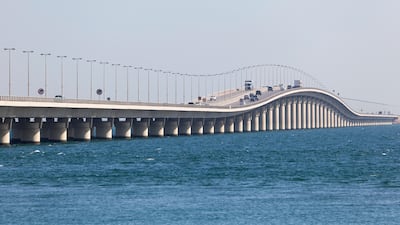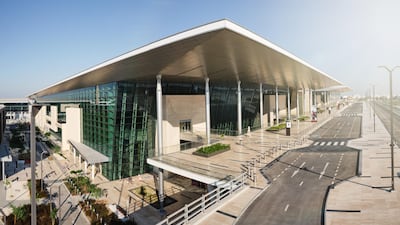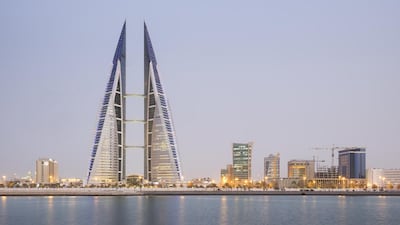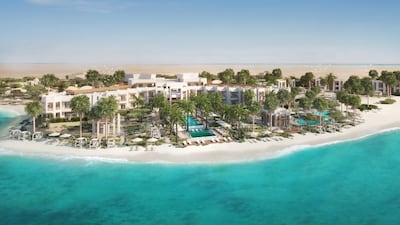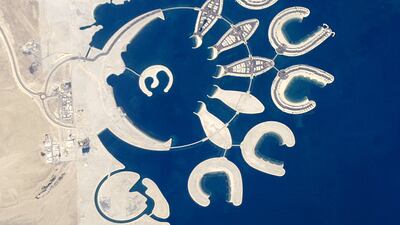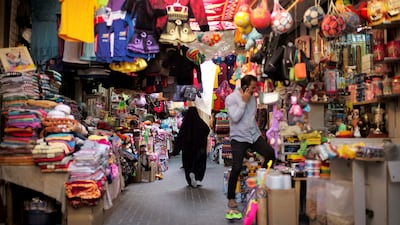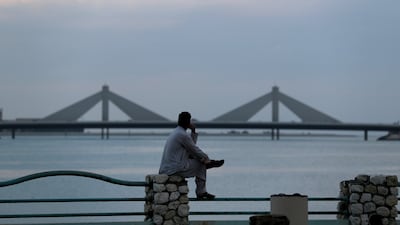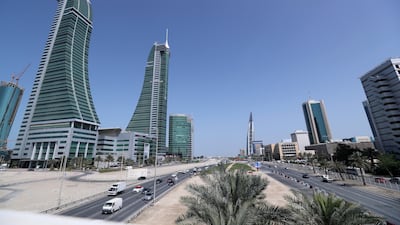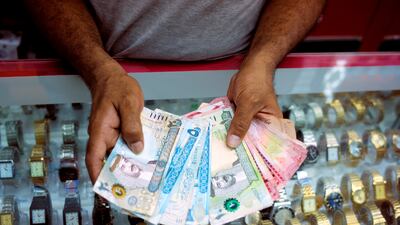Happy birthday Bahrain! The kingdom on Thursday is celebrating its Golden Jubilee and the UAE's leaders have already sent their congratulations.
The President, Sheikh Khalifa, sent a message of goodwill to the King of Bahrain Hamad bin Isa Al Khalifa.
Sheikh Mohammed bin Rashid, Vice President and Ruler of Dubai, and Sheikh Mohamed bin Zayed, Crown Prince of Abu Dhabi and Deputy Supreme Commander of the Armed Forces, also sent messages to King Hamad and to Prince Salman bin Hamad Al Khalifa, Crown Prince and Prime Minister of Bahrain.
Bahrain is a place with a rich history. Archaeologists believe the island may have been the heart of the Dilmun Empire, which dominated the Arabian Gulf at least 4,000 years ago.
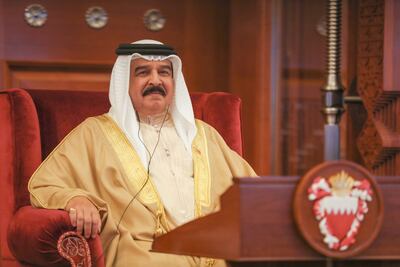
But the modern kingdom declared sovereignty on August 15, 1971. This month’s celebration marks the accession of King Isa bin Salman Al Khalifa on December 16, 1961, and under whose reign the country became independent.
As with the UAE, Bahrain marks the occasion with a public holiday, fireworks and plenty of illuminations. With the opening of the new Our Lady of Arabia cathedral, the largest Catholic church in the Gulf, the current Ruler, King Hamad bin Isa, also received a goodwill message from Pope Francis I.
Modern Bahrain’s history begins in the late 19th century, when the island became a protectorate of the British Empire, controlled, like Abu Dhabi, by a treaty that bound its external affairs to London.
After 1947, the island became the seat of the Gulf Residency, and home of the most senior British official in the region, who in turn controlled a network of political agents, the equivalent of ambassadors, for the other countries under British influence, including Qatar and what is now the UAE.
In the early years of aviation, visitors to the Gulf would arrive in Manama by plane before travelling to other parts by passenger ship.
All this came to an end in 1971.
But the path to independence was not an easy one. At first a larger union of nine Arab emirates was proposed, to include Bahrain, Qatar and the seven emirates of the UAE.
However, Bahrain declared it would go it alone in October 1970.
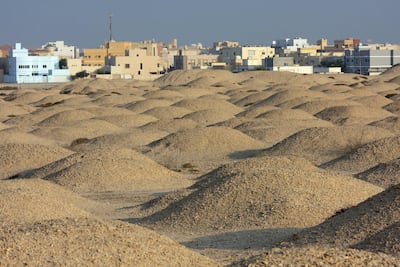
A bigger problem was Iran, which claimed sovereignty over the island.
After negotiations, Iran agreed to let the people of Bahrain choose their future. A referendum conducted by the UN offered a choice between independence and Iranian control.
The poll in March 1970, rejected Iran. The representative of the UN Secretary General said “the overwhelming majority of the people of Bahrain wish to gain recognition of their identity in a full independent and sovereign state free to decide for itself its relations with other states”.
The vote was recognised by the UN through Resolution 278 on May 11, 1970 and accepted by the Shah of Iran Mohammad Reza Pahlavi, who said: “Our policy and philosophy is to oppose occupation of other territories by force.” His country launched a military invasion of the Greater and Lesser Tunbs off the UAE's coast the following year.
King Hamad became ruler in March 1999, after the death of his father, King Isa.
In September 2020, Bahrain became the second Gulf country, after the UAE, to normalise relations with Israel.
Bahrain’s long history was recognised in 2019, when Unesco, the United Nations science and culture organisation, awarded World Heritage status to the Dilmun burial mounds.














